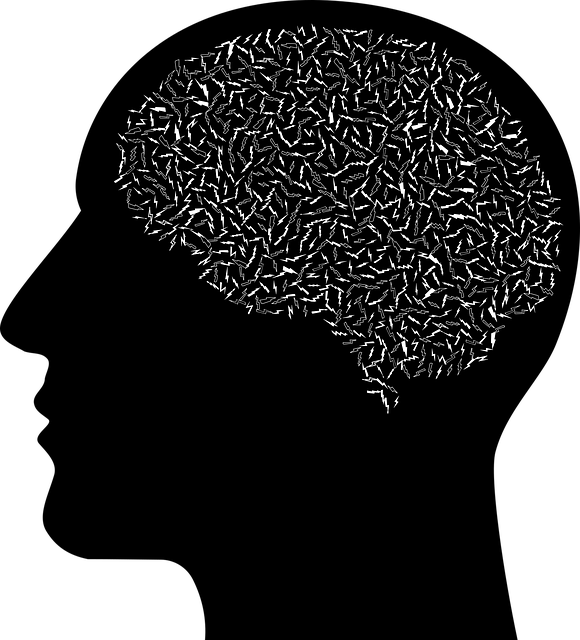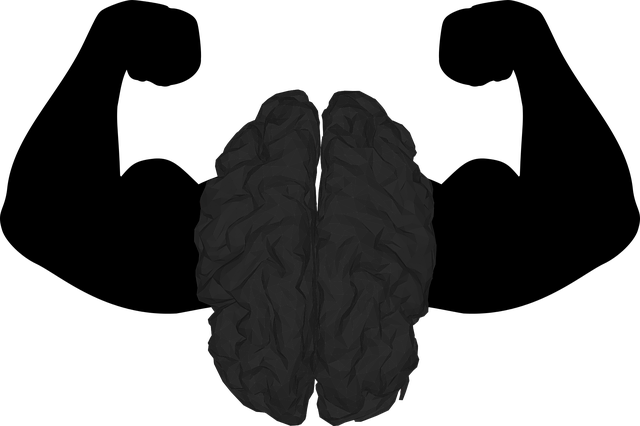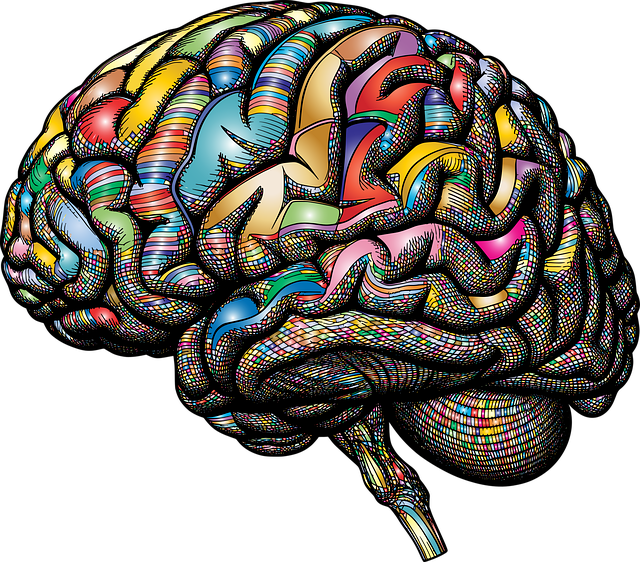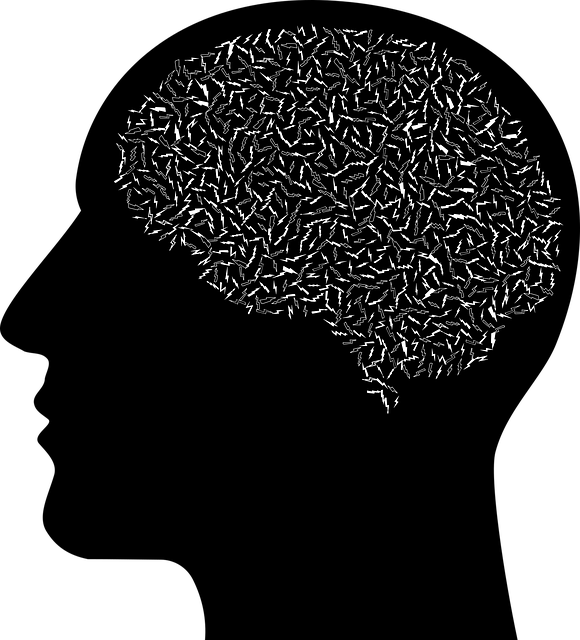Understanding Mental Health Data is crucial for addressing complex conditions like Functional Neurological Disorder (FND), involving diverse data collection methods and meticulous processing. This enables insightful interpretations guiding tailored therapies, such as Golden Functional Neurological Disorder Therapy (Golden FNT), which enhances well-being by personalizing stress reduction and mood management strategies. Advanced neurological techniques in mental health data analysis revolutionize care, improving education, building confidence, and fostering community outreach, making mental health support more inclusive and effective.
Mental health data analysis is a powerful tool for understanding and improving overall well-being. In this article, we explore the process of interpreting complex mental health data through advanced techniques in neurological analysis, highlighting the unique approach of Golden Functional Neurological Disorder Therapy (Golden FNT).
We’ll delve into how data collection and preparation form the foundation for uncovering valuable insights, and discuss actionable strategies derived from these analyses to enhance mental health outcomes.
- Understanding Mental Health Data: Collection and Preparation
- Unlocking Insights: Advanced Techniques in Neurological Analysis
- The Role of Functional Neurological Disorder Therapy (Golden FNT) in Interpretation
- Translating Data into Actionable Strategies for Better Mental Well-being
Understanding Mental Health Data: Collection and Preparation

Understanding Mental Health Data is a pivotal first step in any analysis, especially when delving into complex issues like Functional Neurological Disorder (FND). Collection involves a multi-faceted approach, incorporating self-reported surveys, clinical assessments, and physiological measurements such as heart rate variability and sleep patterns. This data must then be meticulously prepared to ensure accuracy and consistency. It includes cleaning the data of any errors or inconsistencies, dealing with missing values, and transforming it into a format suitable for analysis, laying the groundwork for meaningful interpretations that can guide effective FND therapy, boost confidence, and facilitate stress reduction methods and mood management strategies.
Unlocking Insights: Advanced Techniques in Neurological Analysis

In the realm of mental health data analysis, advanced techniques in neurological analysis are unlocking profound insights into conditions like functional neurological disorder (FND). By leveraging cutting-edge tools and methodologies, researchers and clinicians are gaining a deeper understanding of FND’s complex neurobiological underpinnings. This, in turn, is paving the way for more personalized and effective therapy approaches, such as Golden Functional Neurological Disorder Therapy, which targets specific brain regions implicated in the condition.
These advanced analytical methods not only enhance our comprehension of FND but also have broader implications for mental health care. They contribute to the design of robust Mental Health Education Programs that equip individuals with knowledge and skills to manage their well-being. Moreover, by enabling more precise diagnoses, these techniques can boost confidence among both patients and healthcare providers. Furthermore, they play a crucial role in the implementation of successful Community Outreach Program Initiatives, ensuring that mental health resources reach diverse communities and foster inclusive support networks.
The Role of Functional Neurological Disorder Therapy (Golden FNT) in Interpretation

The Golden Functional Neurological Disorder Therapy (Golden FNT) plays a pivotal role in deciphering mental health data and offers valuable insights for interpretation. This therapeutic approach, specifically tailored to address functional neurological disorders, provides a framework for understanding the complex interplay between brain function and emotional well-being. By employing evidence-based techniques, Golden FNT helps individuals manage symptoms associated with anxiety relief and stress mitigation.
In the context of mental health data analysis, Golden FNT contributes by identifying specific patterns and triggers related to neurological dysregulation. The therapy encourages participants to explore their unique responses to various stimuli, enabling a more nuanced understanding of individual experiences. This, in turn, aids mental wellness podcast series production and Stress Management Workshops Organization by providing actionable feedback for personal growth and improved coping strategies.
Translating Data into Actionable Strategies for Better Mental Well-being

Turning raw data into actionable strategies is the ultimate goal of mental health data analysis. By interpreting trends and patterns within the numbers, healthcare professionals can tailor interventions to address specific needs. For instance, identifying elevated rates of anxiety in a particular demographic might lead to the development of targeted Coping Skills Development programs. These strategies not only provide short-term relief but also empower individuals with Mind Over Matter principles to manage their mental well-being effectively.
Additionally, data analysis can highlight disparities in access to Trauma Support Services, prompting community initiatives and policy changes. The process is akin to crafting a personalized treatment plan for an individual struggling with Golden Functional Neurological Disorder Therapy. By leveraging the insights derived from data, we can create more inclusive and effective mental health support systems, ultimately fostering healthier communities.
Mental health data analysis is a powerful tool for understanding complex neurological disorders. By combining advanced techniques, like those employed in Golden Functional Neurological Disorder Therapy (Golden FNT), with robust data collection and preparation, we can unlock valuable insights into mental health trends. This knowledge translates directly into actionable strategies to improve mental well-being on both individual and societal levels. Embracing these evidence-based practices is a crucial step towards navigating the complexities of mental health and fostering more resilient communities.













